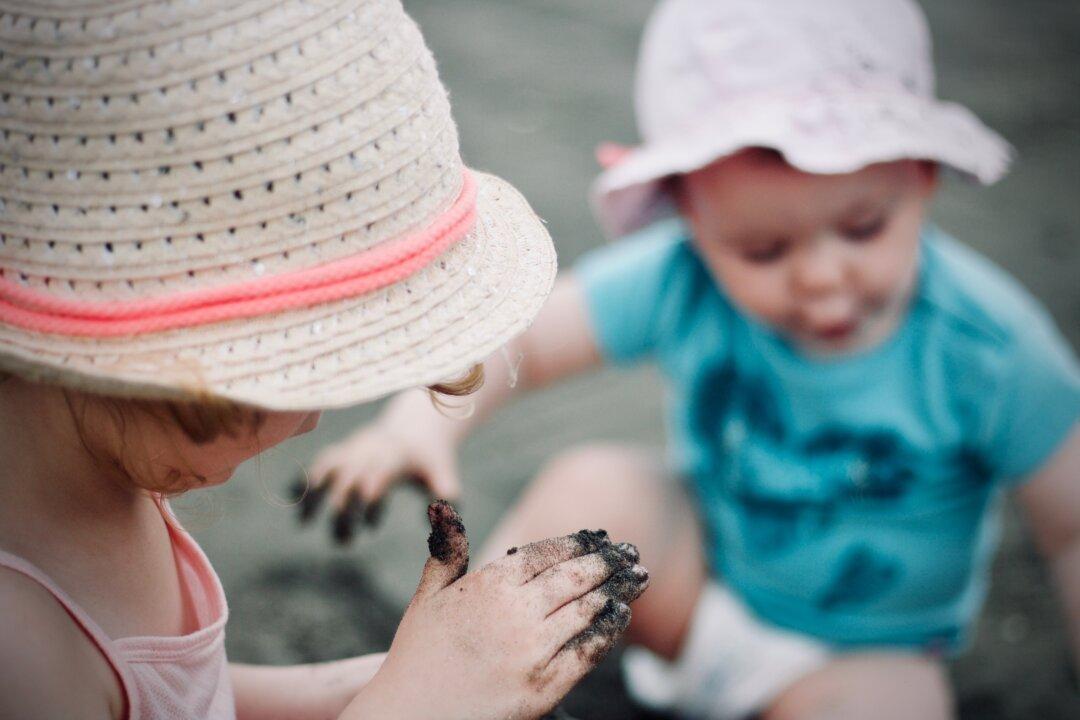Cleanliness has become an American obsession. We want to scrub everything until it sparkles and smells like lemon and lavender. But what if this desire for cleanliness is harmful?
Are Our Kids Too Clean?
Too many parents are sacrificing their children's immune systems and exposing them to unnecessary chemicals

Jelleke Vanooteghem/Unsplash
|Updated:




